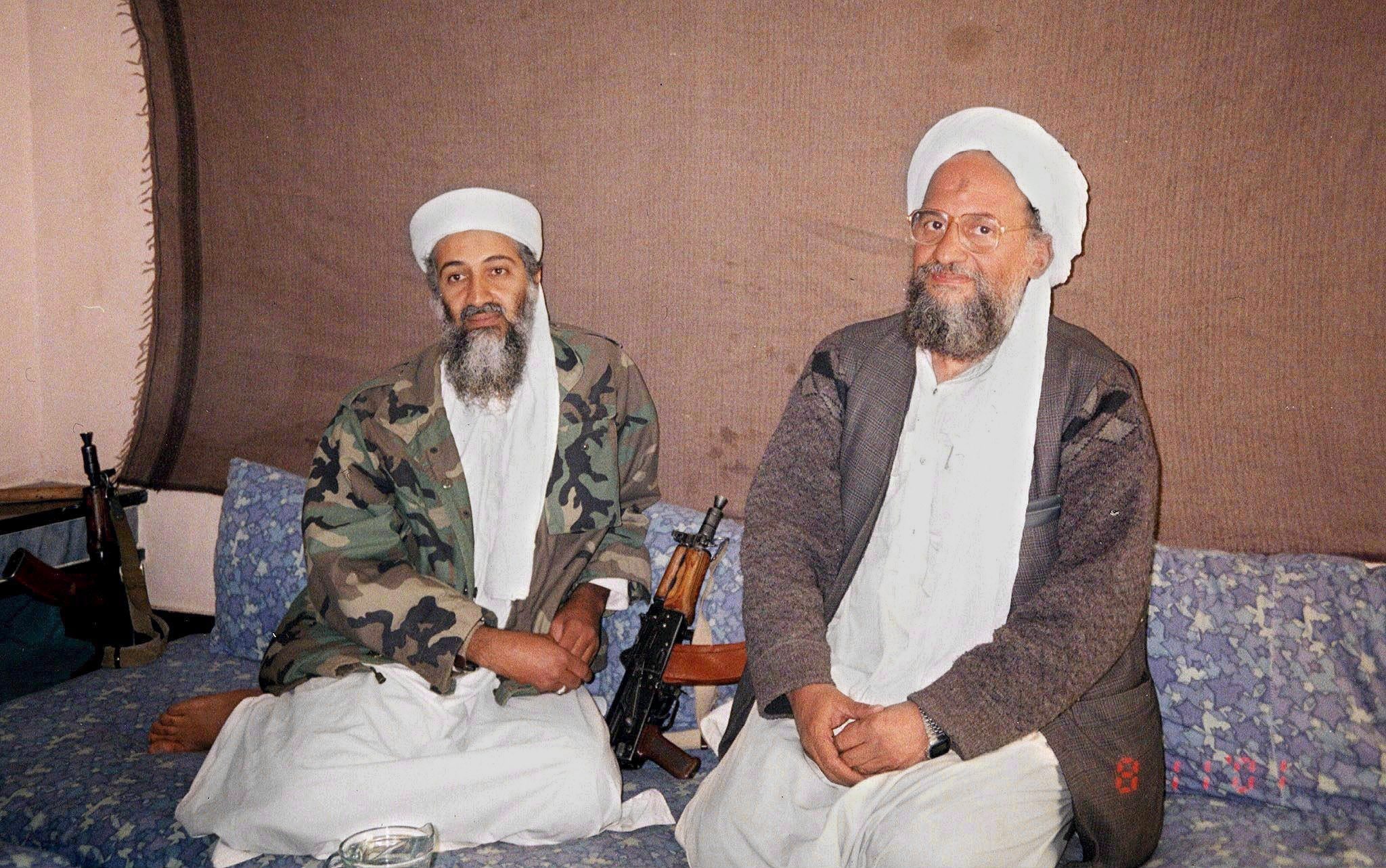OVER-SPECIALIZATION
Interesting: Military Split On How to Use Special Forces In Terror War
[T]the U.S. military may have missed chances to capture two of its most-wanted fugitives — Mohammad Omar, the Taliban leader, and Ayman Zawahiri, deputy to Osama bin Laden — during the past two years because of restrictions on Green Berets in favor of two other components of the Special Operations Command, the Delta Force and SEAL Team Six.
They said several credible sightings by CIA and military informants of Omar entering a mosque this spring in Kandahar, Afghanistan, were relayed to U.S. forces at nearby Firebase Gecko, where a Green Beret team was ready to deploy. But rather than send in the Green Berets, who were just minutes from the mosque, commanders followed strict military doctrine and called on the Delta Force, the team of commandos whose primary mission is to kill and capture targets such as Hussein.
In the several hours it took the Delta unit, based hundreds of miles away near Kabul, to review the information and prepare for the raid, Omar vanished, said the sources, all of whom advise Rumsfeld’s senior aides.
Other informants reported spotting Zawahiri in a medical clinic in Gardez, Afghanistan, in the spring of 2002. Green Berets five minutes away were ordered to stand down so SEAL Team Six, another of the hunter-killer teams, could storm the clinic and capture or kill Zawahiri, according to the sources. But too much time elapsed during preparations, and Zawahiri escaped. The Special Operations Command declined to comment on the reports.
***
Supporters say units such as Delta are the only ones trained specifically to carry out the apprehension or assassination of high-value targets.
“By doctrine and training, targets like that belong to the Special Mission Units,” said Richard H. Shultz Jr., a scholar at the Fletcher School of Law and Diplomacy at Tufts University and a Pentagon consultant. “That’s what they are for.”
The Pentagon’s official position is that there is no conflict between the two approaches. Marshall Billingslea, formerly the principal deputy assistant secretary of defense for special operations and low-intensity conflict, said both approaches are being followed and both are vital to achieving success against terrorist organizations. “The hearts and minds element is essential,” Billingslea said.
I don’t know enough about the subtleties of this type of operation to evaluate the policy, but it does strike me as rather odd.





